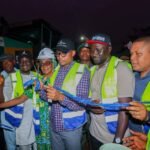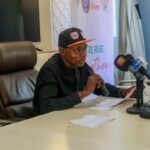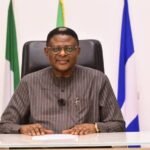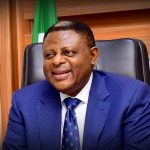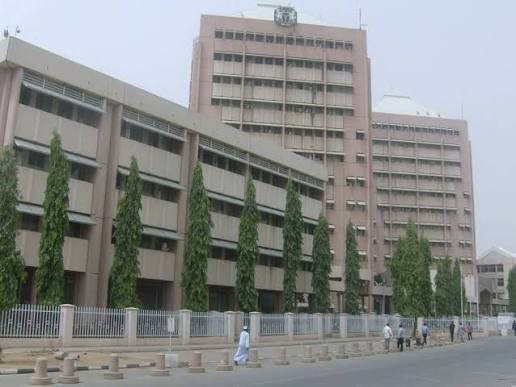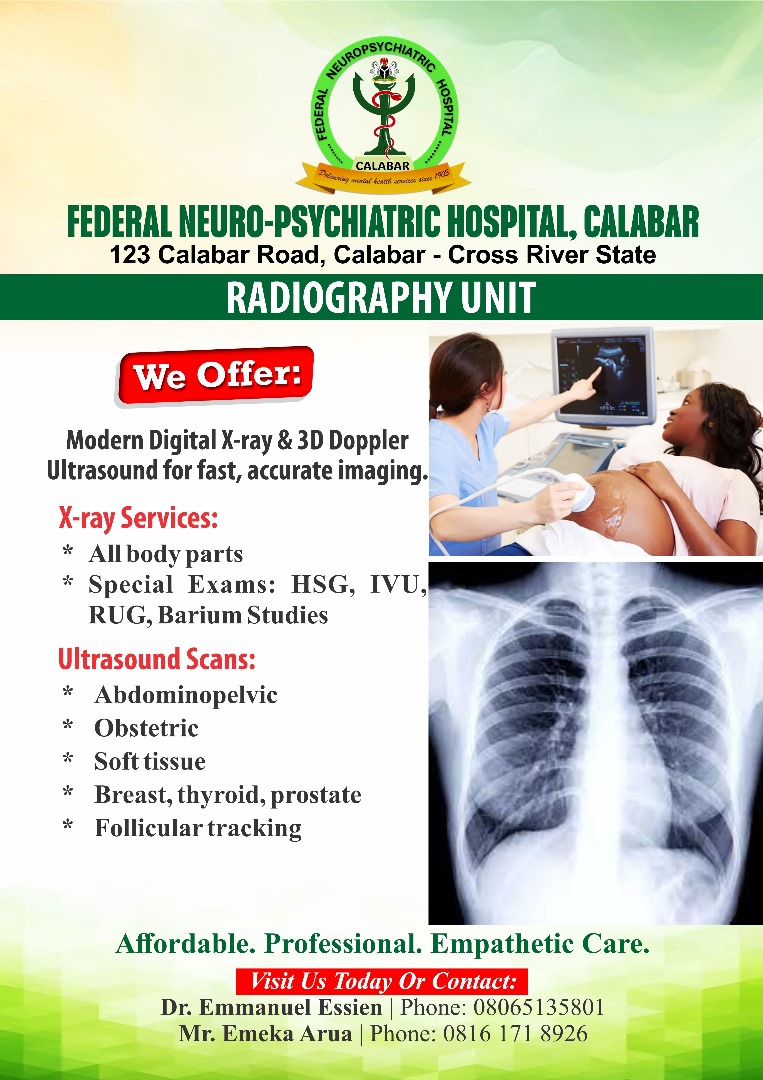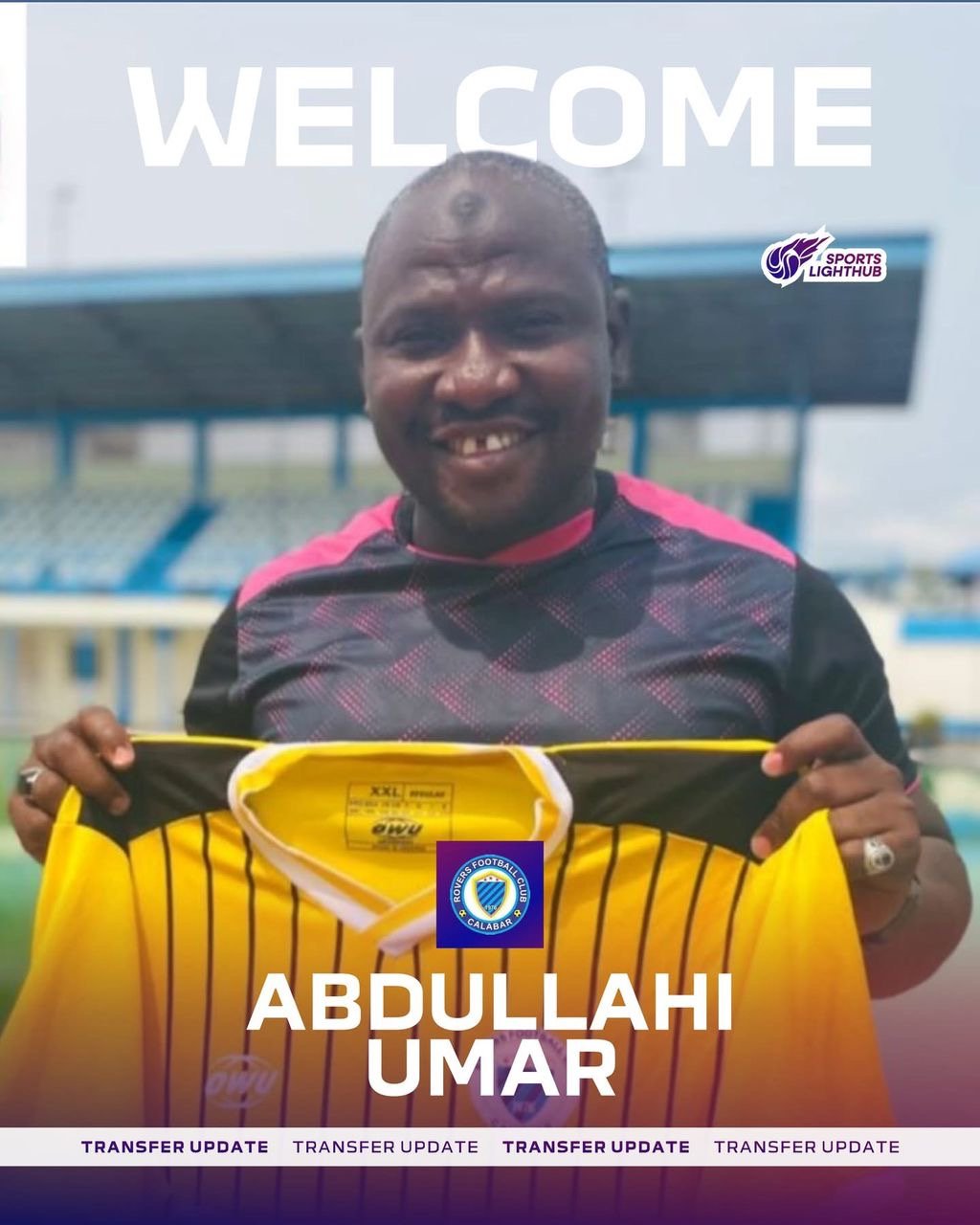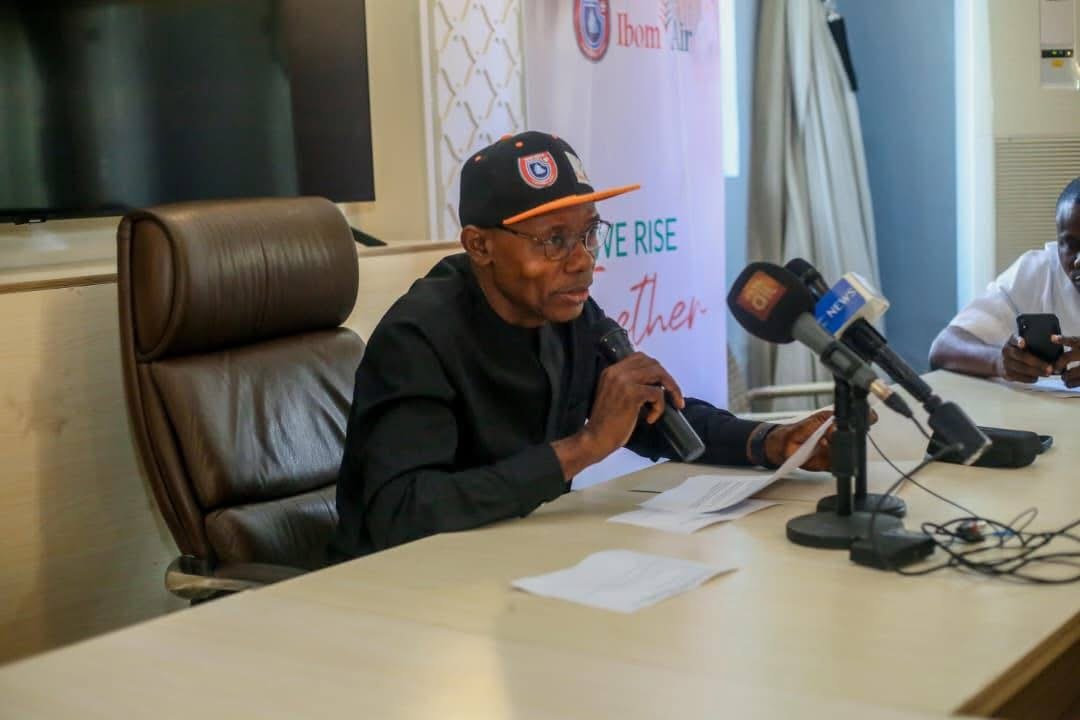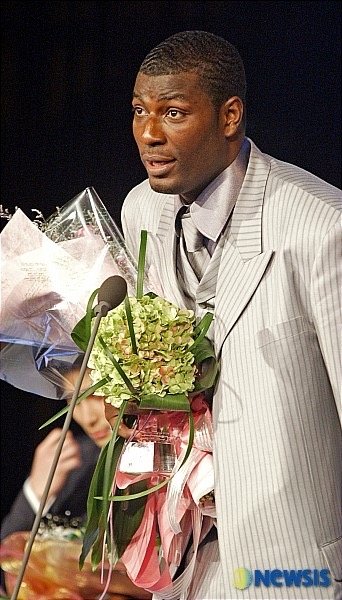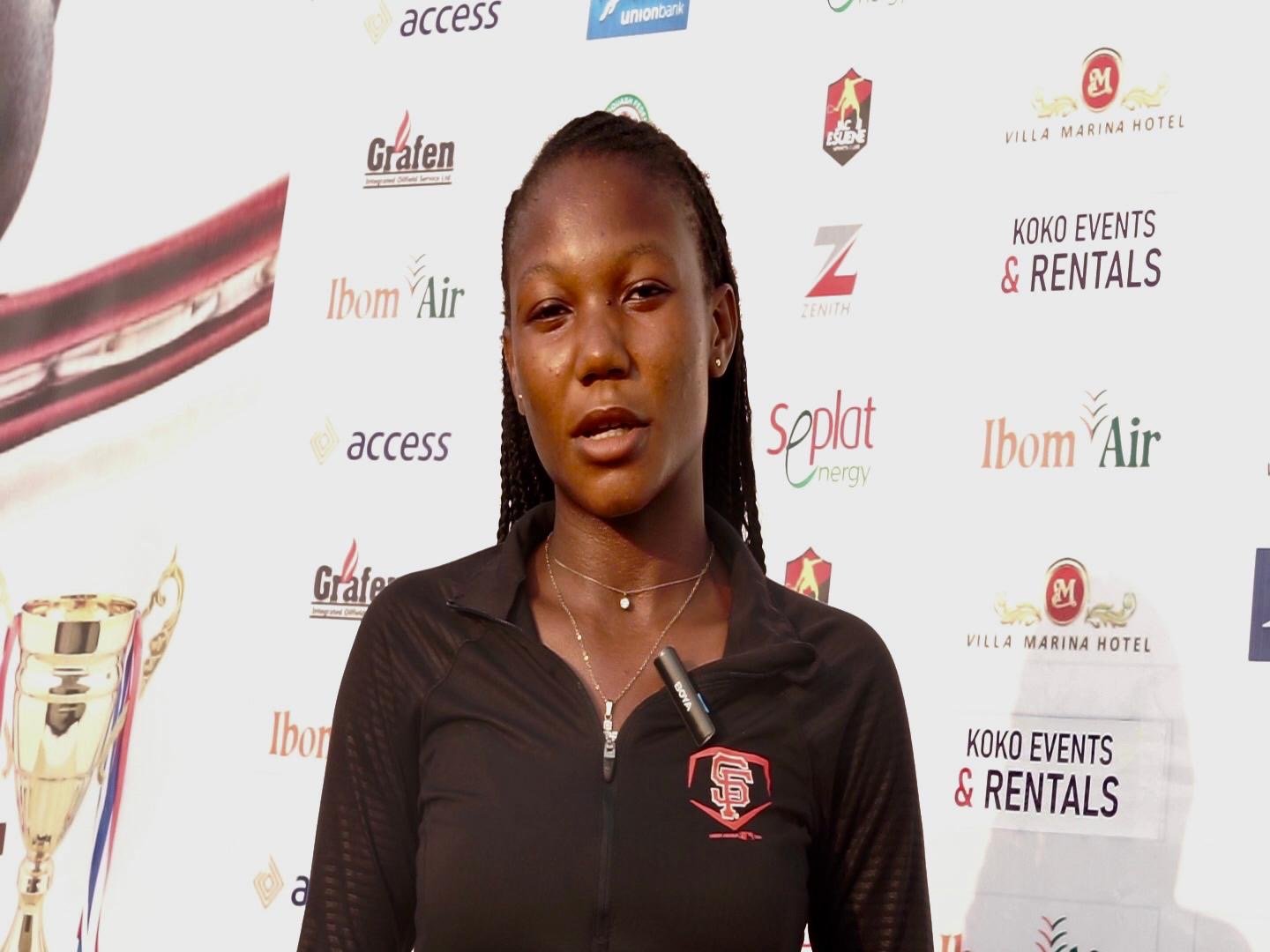Sports Reform in Nigeria Underway as NSC, SWAN, Others Make Case
By Anietie Akpan
The National Sports Commission (NSC) and the Sports Writers Association of Nigeria (SWAN) have called for Sports teform in Nigeria.
Accordingly, it is expected that as the NCS meeting continues this week, commissioners of sports from across the country expected to join in adopting resolutions that will guide Nigeria’s sports development agenda for the coming year.
They made this call on Wednesday, November 26, as the Technical Session of the 2nd National Council on Sports (NCS) opened in Calabar, with a strong emphasis on repositioning Nigerian sports as a major driver of jobs, wealth creation and national development under the Renewed Hope Agenda.
While declaring the session open on behalf of the NSC Chairman, Shehu Dikko, the Director-General of the Commission, Bukola Olopade, said the meeting would shape key policy directions for 2025, particularly in sports governance, athlete welfare, grassroots development and commercialization.
He noted that the Commission had recorded significant milestones in the past year, including improved athlete performance, facility rehabilitation, expanded private-sector partnerships and wider pathways for talent discovery.
Olopade stated that the Renewed Hope Initiative for Nigeria’s Sports Economy (RHINSE) was already transforming the sector through reforms built around economic growth, national unity and youth empowerment.
“We have witnessed radical decisions in grassroots sports, podium development and funding models. What we must now do is advance a sports economy that works for all,” he said.
According to him, the discussions at the technical session had been “robust”, with stakeholders pushing for reforms that would make the National Sports Festival more inclusive and less financially burdensome, allowing even low-income states to host. Deliberations also focused on athlete insurance, with a new template proposed to ensure the health, safety and property of athletes travelling locally or internationally.
On the future of the sector, Olopade projected that within five years, Nigerian sports should generate sustainable value for athletes, investors and small-scale businesses.
He revealed that recent national events had empowered over 105,000 micro-entrepreneurs, from food vendors to souvenir sellers, showing sports’ potential to stimulate local economies.
On his part, the National President of the SWAN, Isaiah Benjamin, during an interview with journalist, described the council meeting as critical for addressing structural issues in sports administration.
He noted that discussions on the business of sports could galvanise growth if implemented, adding that the technical session remained the engine room of the Council.
Benjamin expressed concern over Nigeria’s declining football performance, including repeated failures to qualify for global and continental tournaments.
He called for a “total overhaul” of the sector and urged the Nigeria Football Federation (NFF) to confront the systemic issues responsible for the decline.
“A country like Nigeria cannot continue to suffer this national embarrassment. We must go back to the drawing board,” he said.
Earlier, the Cross River State Commissioner for Sports Development, Hon. Agnes Atsu, welcomed delegates to the state, noting that the theme of the meeting, “The Business of Sports: Creating Jobs, Wealth and Utility Under the Renewed Hope Agenda”, aligned with the state’s development priorities.
Atsu said Cross River would continue leveraging on sports to curb youth restiveness, promote community development and expand economic opportunities. She also invited the NSC leadership to attend the 2025 Carnival Calabar, describing it as Africa’s biggest street party and an avenue to experience the state’s cultural vibrancy.
